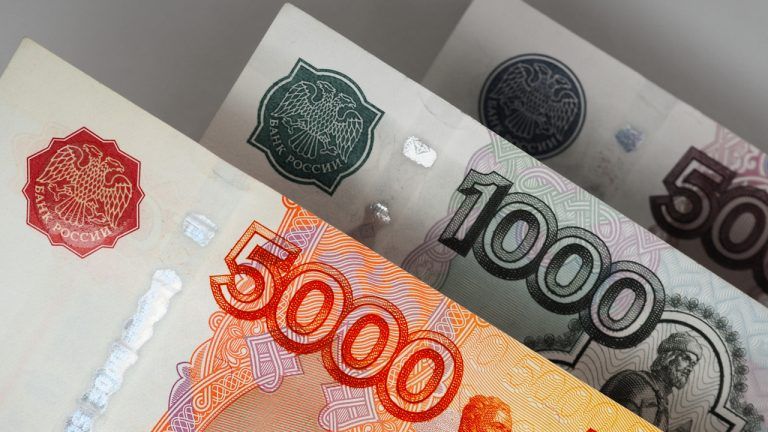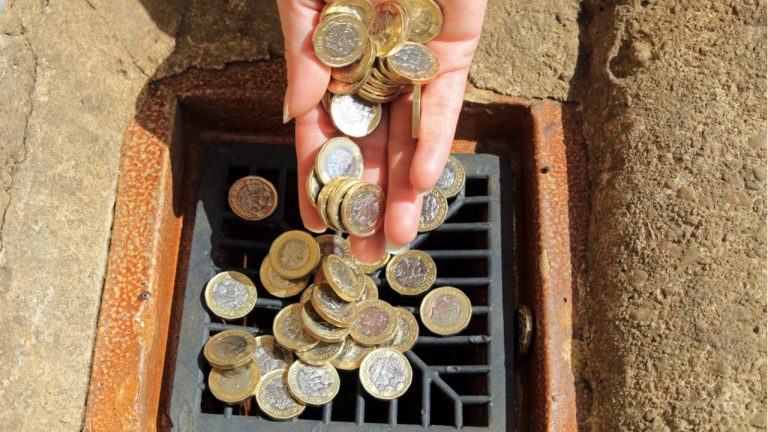
The increased trading volume comes following the country's Financial Services Commission requiring crypto trading platforms to register as digital asset service providers before Sept. 24.
Crypto users between 30-39 years old in South Korea are reportedly the demographic with the most deposits on major exchanges in the country.
According to a Sunday report from the Yonhap News Agency, South Korean residents in their 30s deposited roughly 2.2 trillion KRW — $1.9 billion at the time of publication — to crypto exchanges Upbit, Bithumb, Coinone, and Korbit by the end of the second quarter of 2021. Teenagers in the country represented the group with the fewest deposits at $3.4 million, but this still was a more than 400% increase compared to the $824,000 those under 20 years old deposited in Q1 2021.
“All age groups are investing in virtual assets," said Doo-Hyun Yoon, a member of the National Assembly's Political Affairs Committee. "The government needs to be more careful in setting up policy on virtual assets, including paying special attention to the position of young investors."
Upbit users accounted for the majority of the deposits with 3.5 billion KRW, followed by Bithumb and Coinone. This month, Upbit reportedly became one of the first South Korean crypto exchanges to register with the country’s regulators — the Financial Services Commission announced earlier this year local crypto trading platforms would be required to register as digital asset service providers before Sept. 24.
Related: South Korean FSC denies plans to shut down 11 crypto exchanges
As major crypto exchanges work to meet this deadline, smaller ones have reportedly been considering suing the South Korean government over its alleged failure to to take responsibility for excessive regulatory pressure. The new regulations allow authorities to impose a fine of up to 50 million KRW on exchanges not in compliance or have their operators face up to five years in prison.






